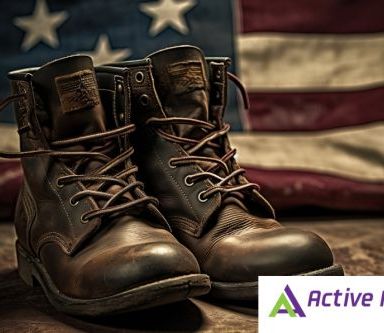
Noise-induced hearing loss is more common than you may think for farmers and agricultural workers. This type of hearing loss is gradual, and some may not notice it until it’s a serious problem affecting all aspects of their lives. Hearing loss from exposure to noise is often irreversible but it can be prevented.
It’s important to see an audiologist in Omaha, NE, if you're experiencing hearing difficulties, as early treatment provides the most success. Learn about the effects of noise levels on the farm and what you can do to protect your ears!
Effects of noise levels on the farm
Certain types of agriculture equipment produce hazardous noise levels. Prolonged exposure to any sound above 80 decibels is considered damaging to the ears. Tractors range from 74-112 dB, grain dryers from 81-102 dB, the combine from 80-105 dB, chainsaws from 77-120 dB, grain grinding from 93-97 dB, orchard sprayers from 85-106 dB, and even pig squeals range from 85-115 dB.
If your ears are ringing after being around any of these things, it’s important to take a break and begin wearing ear protection. Worn or loose parts on your machinery can make the noise level even higher, so it’s important to do regular maintenance. If you are purchasing new machines, try to find quieter ones. Some tractors and skid steers have sound-reducing cabs.
What you can do to protect your ears
It is very important for farmers to take note of sound levels and take steps to protect their ears. This comes in the form of earmuffs or earplugs. Both are good options as long as you choose a comfortable, snug fit with a high protection rating. You can buy disposable ear plugs in bulk and throw them away after the day, or invest in a pair of reusable ear plugs. Earmuffs cover more of the ear, providing a barrier to the sound.
Along with taking breaks, selecting quieter equipment, performing regular maintenance and wearing ear protection, we recommend marking where noise levels are high. You can set a pair of earmuffs next to the sign, making it easier to use. An audiologist can also make custom-fit earplugs.
When to visit an audiologist in Omaha, NE
When you start noticing symptoms, you should visit an audiologist in Omaha, NE, right away. We can perform a hearing check and find out the level of damage that has occurred and come up with a treatment plan that caters to this lifestyle. You can continue doing the work you need to do, and live your best life. Contact us today to see how we can help!






Comments